ENVIRONMENT & CLIMATE

Why Is Earth's Atmosphere Losing Oxygen? Natural Thief Identified Through Preserved Ice Bubbles in Antarctica

Female Albino Jaguarundi Cub Rescued in Colombia: Being White Will Most Likely Decrease Its Chances of Survival in the Wild
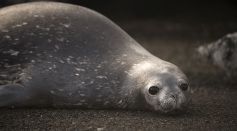
Seals Have A New Job: Exploring Antarctic Ocean Conditions in Continental Shelf Areas That Threatens to Collapse
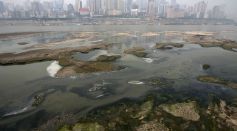
China's Changjiang Estuary Hit with Unexpected Algal Bloom, Dinoflagellates Potentially Sourced by Nearby Water Bodies
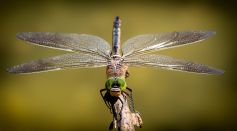
Dragonflies Could Potentially Replace Pesticides, Algerian Biologist Suggests

MIT Experts Developed Fully-Detailed Atlas of Oxygen-Deficient Zones in Earth's Oceans

Fish Can Count? Archerfish Shows Promising Ability to Identify Numbers by Spitting on Computer Screens

Stomach-Turning Animals: 5 of the Biggest Gross-Out Creatures in Science in 2021
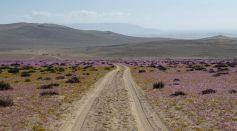
Origin of Mysterious Black Glassy Rocks in Atacama Desert Found Through Clues Not From Earth
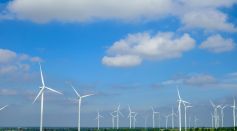
New Camera- And AI-Based Technology Can Make Wind Turbines Recognize Birds to Pause in Their Flight Path
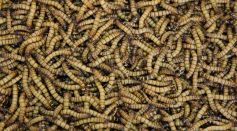
Humble Little Legless Maggots Dubbed Superhero Insect for Helping Humans Solve Murders, Cleaning Chronic Wounds

Mass Migration During Bronze Age Found Responsible for Replacing Half of Great Britain's Ancestry; France Tops Genetic Evidence of Migrants 3,000 Years Ago
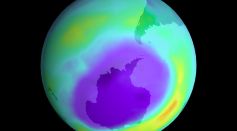
Large Hole Created in the Ozone Layer More Massive Than Antarctica Finally Set to Close This Week

Real-Life Jurassic Park Possible? Experts Say Dinosaurs Can Be Recreated From Their DNA
Most Popular

7 Breakthrough Medical Technologies Revolutionizing Healthcare in 2026

What Is a Galaxy—and How Many Are There in the Universe?

How Exercise Mental Health Works: The Science Behind Physical Activity and Mood

Black Hole Time Dilation: How Extreme Gravity Bends Time, Light, and Reality





